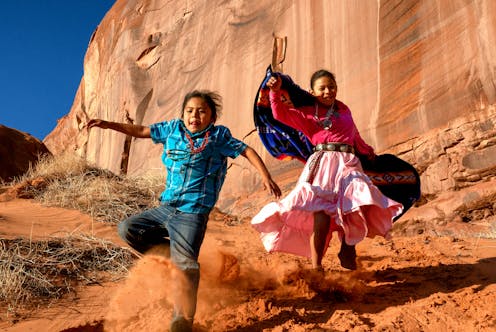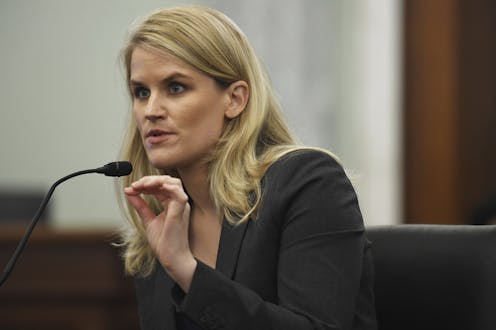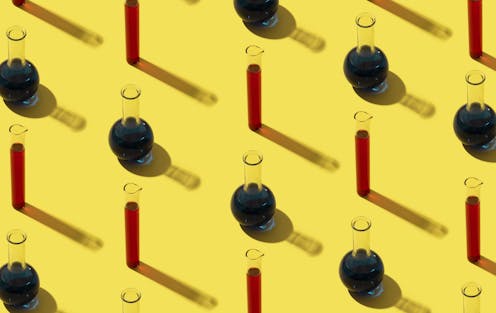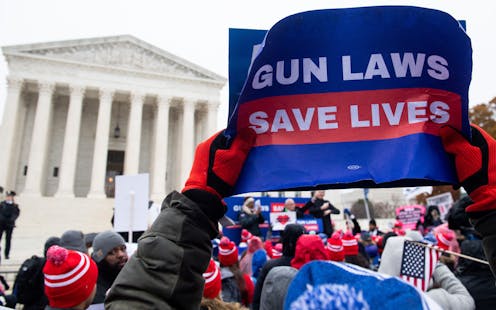Teachers say working with students kept them motivated at the start of the pandemic
- Written by Nathan D. Jones, Associate Professor of Special Education, Boston University
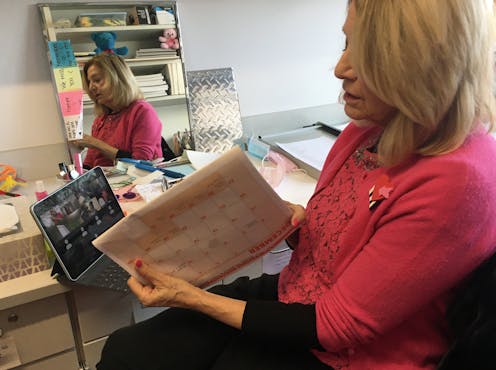 Teachers experienced more positive emotions interacting with their students when schools closed during the pandemic. Barrie Fanton/Education Images/Universal Images Group via Getty Images
Teachers experienced more positive emotions interacting with their students when schools closed during the pandemic. Barrie Fanton/Education Images/Universal Images Group via Getty ImagesThe Research Brief is a short take about interesting academic work.
The big idea
Of all the things teachers do on the job, we found that teachers enjoy interacting...
Read more: Teachers say working with students kept them motivated at the start of the pandemic


